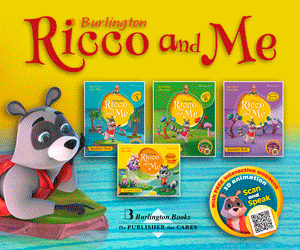Working with ELT Materials – Peter Beech
About the author: Peter Beech is Director of Anglo-Hellenic Teacher Training
Part five – supplementing coursebooks
In our previous article, we looked at ways to adapt coursebooks in order to tailor your lessons to the needs and interests of your students. We’re now going to explore some of the sources of material that can be used to supplement the coursebook.
Publishers’ websites
Many publishers create dedicated websites for each of their major courses, providing a variety of materials to extend the book. These are an ideal supplement as they follow the structure and content of the course. Materials range from printable worksheets that provide extra written practice to interactive games for students to play online.
Apart from the sites that accompany specific courses, the websites of the major ELT publishers also have lots of general materials and ideas for activities. On some sites, you can also share your own ideas in a discussion forum, or even publish your own materials.
Other ELT sites
In addition to websites run by ELT publishers, there are lots of other sites that provide materials designed for use in lessons. The BBC websites provide an enormous amount of material for learning English, including lots of audio and video material related to current news. There are many sites offering podcasts graded for all levels of ability, and others with authentic listening material accompanied by comprehension activities. And of course almost any website can be used as a source of authentic material that can be exploited in the classroom.
Resource books
Resource books may be used to supplement any course. They are often designed to provide additional communicative activities in the form of games, pairwork activities and discussion topics. Some focus specifically on grammar, vocabulary or pronunciation, so you can pick activities that target areas where your students need extra practice.
As well as providing specific activities for practicing certain language items, resource books can be a source of ideas that you can adapt to apply to other points. For example, an activity designed to practice conditional sentences could be adapted to focus on reported speech. Using this type of book enables you to build up a flexible repertoire of fun activities, and while some require you to prepare materials in advance, others can be used as short filler activities whenever you have a few minutes left at the end of a lesson.
Most of the ideas considered in this article relate to materials specially designed for language teaching. In our next article, we’ll consider the use of authentic materials







